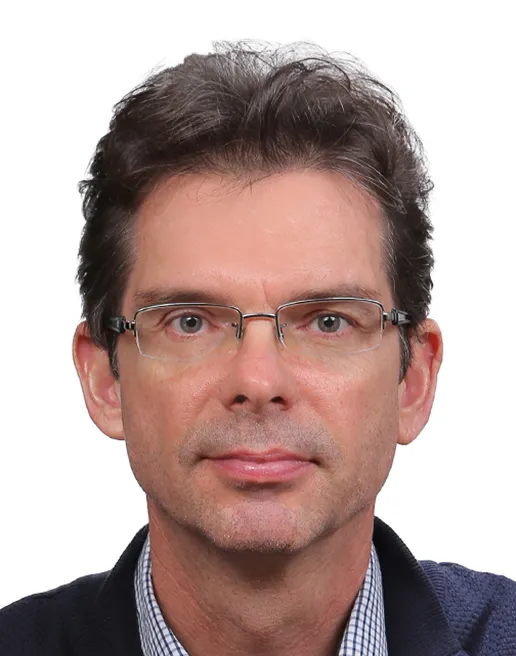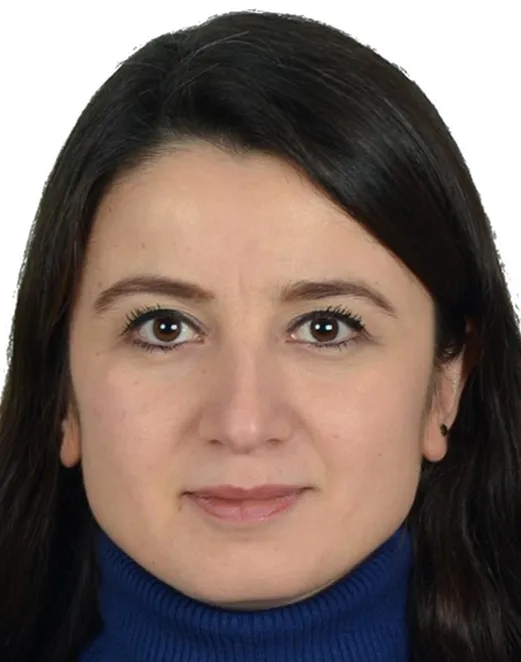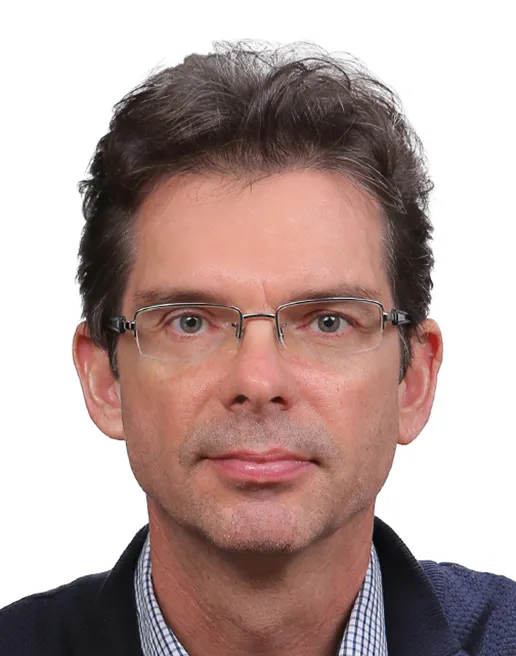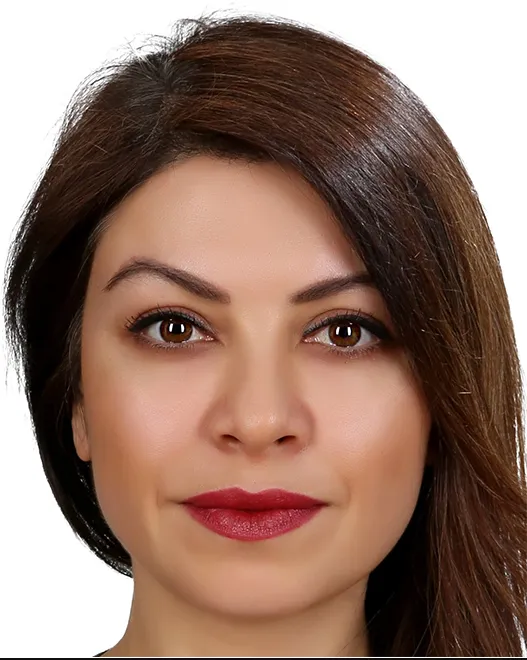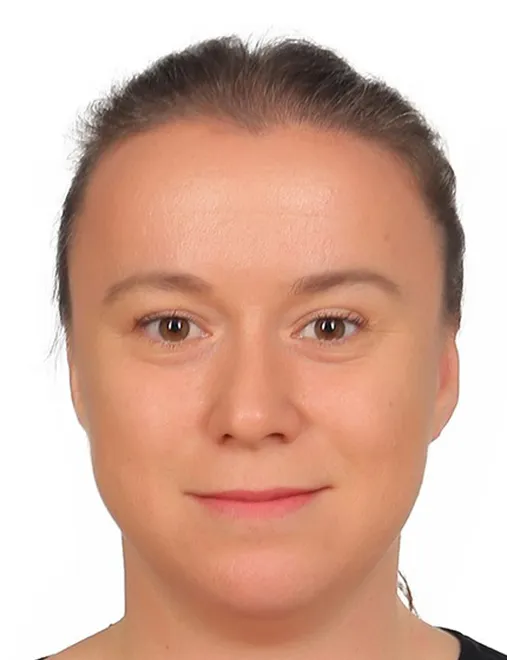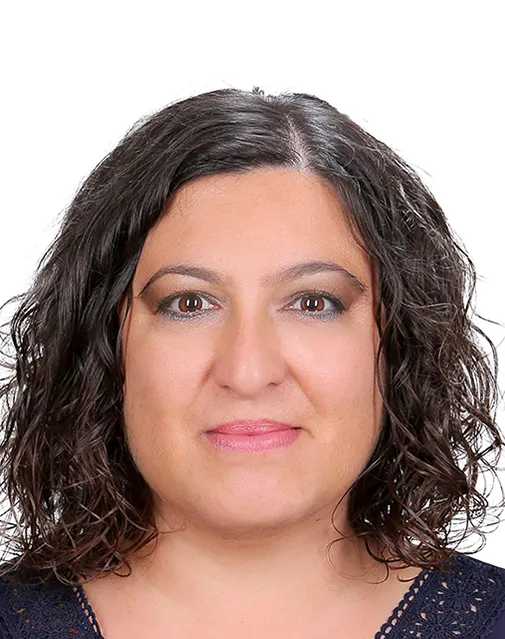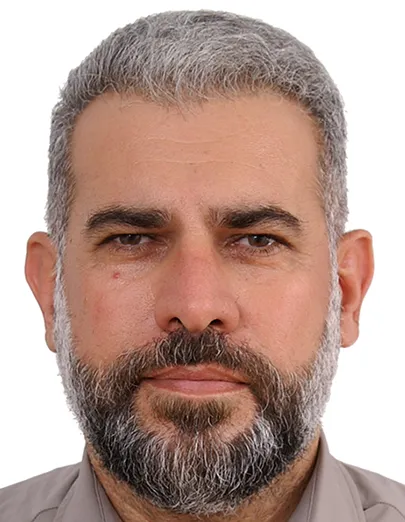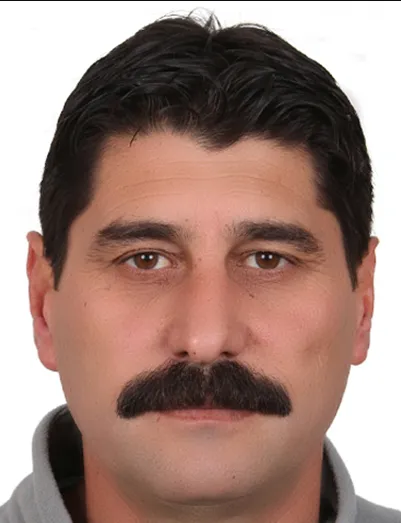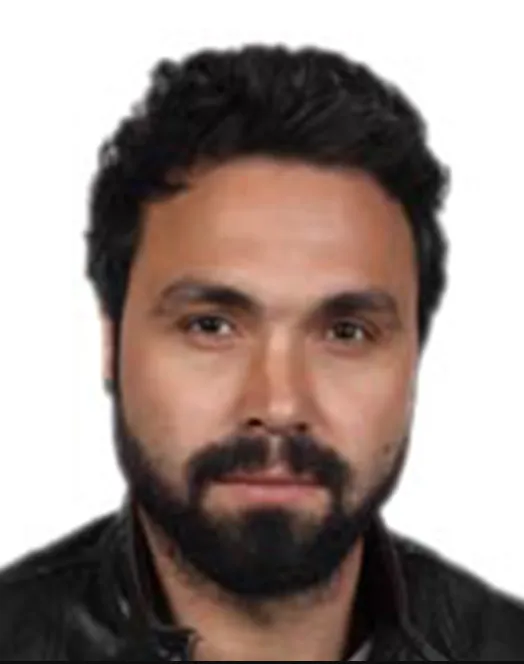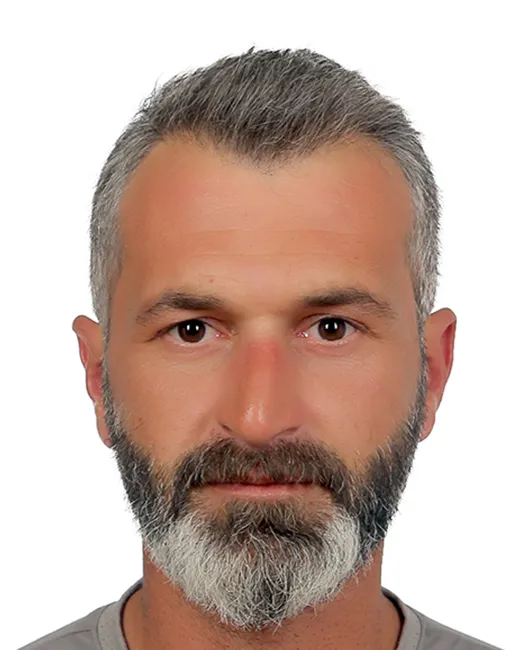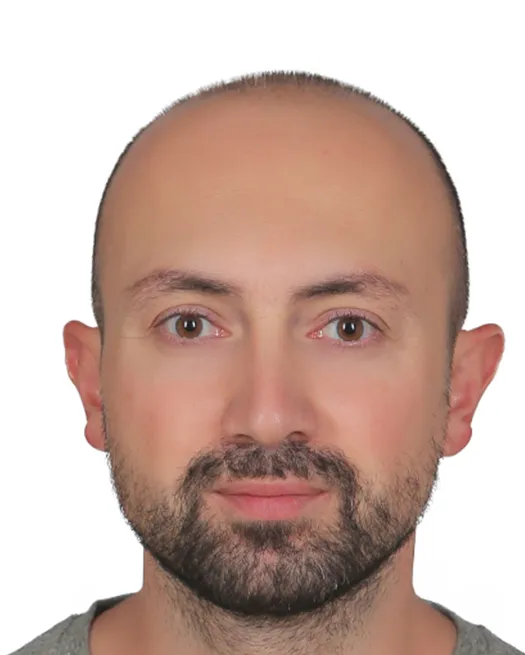Archaeology Department
Yayın Tarihi | 23 July 2024, Tuesday
GENERAL INFORMATION
Archaeology is a social science that seeks to interpret and understand a wide variety of cultural and civilization elements produced by humanity in prehistoric and historical processes. Archaeology, which exists as a sub-branch of history science, is closely related to many scientific branches, primarily ancient history, epigraphy, anthropology, and art history. Archaeology is utilized to shed light on the relevant problems in periods where writing is predominantly absent and where historical data is insufficient. Especially in the 19th century, archaeology, which began to become a historical area of interest by European travelers, has become quite important within the main branch of history today.
History
The Archaeology Department Undergraduate Program has been in operation since the 2006-2007 Academic Year within the Faculty of Arts and Sciences. The Archaeology Master's Program, which was opened in the 2013-2014 Academic Year within the Institute of Social Sciences, is also in operation.
Job Description and Employment Areas
Students who graduate from the Department of Archaeology receive the title and authority of "archaeologist". Archaeology graduates will have the opportunity to work in different departments affiliated with the General Directorate of Cultural Heritage and Museums, which exists within the Ministry of Culture and Tourism, Archaeology and Art History Museums, local government organizations (Municipalities) and affiliated archaeological parks and City Museums, and also in the General Directorate of Foundations.
Mission-Vision
As the Department of Archaeology, our foresight is to be a unit that makes significant contributions to the development of our country on this platform for a better understanding of regional culture, especially our university. Our mission and goal as the Department of Archaeology is to train archaeologists who can follow the latest developments in archaeological studies, adhere to the basic principles of social sciences and ethical values, are innovative, original, and capable of producing quality work, have problem-solving ability and developed cultural heritage preservation awareness, and are equipped with qualified and contemporary knowledge.
Our department has enriched its master's degree curriculum in particular, by considering not only the general-basic topics needed in archaeology but also the geography where our university is located, in the preparation of our undergraduate and graduate programs. In this context, courses that focus on Burdur and its surroundings, which are located in the cultural transition zone of civilizations created by local Anatolian peoples such as Phrygia, Pisidia, Lycia, and Caria, are included in our curriculum. On the other hand, students are visiting very different regions with ancient textures through student organizations organized to participate in long-term studies in professional application fields in order to use the knowledge they acquired during their academic education and to aim for the multi-purpose development of the archaeological perspective and examination ability.
Undergraduate Education
Our students will graduate as archaeologists at the end of four years of archaeology education.
For details of the education-training plan implemented in the department, please visit the ECTS Course Catalog.
Graduate Program
For details of the Master's Program education-training plan, please visit the ECTS Course Catalog. They are required to take at least 7 different courses from the course list here and successfully complete these courses, complete at least 21 national credits (including 60 ECTS credits including the seminar), take the specialty field course related to the thesis topic (20 ECTS), prepare and defend the thesis (40 ECTS), and have a grade point average of at least 70 out of 100.
Teaching Infrastructure and Facilities
Education and research activities in the department are carried out in two classrooms, two amphitheaters, a seminar room, and an archaeology research laboratory.
Research and Project Activities
- TC. Ministry of Culture and Tourism Mehmet Akif Ersoy University Kibyra Archaeological Research, Gölhisar /BURDUR. Excavation Chairman: Asst. Prof. Dr. Şükrü ÖZÜDOĞRU, Deputy Excavation Chairman Asst. Prof. Dr. F. Eray DÖKÜ.
- TC. Ministry of Culture and Tourism Mehmet Akif Ersoy University Şeref Höyük /Komana Archaeological Surface Research, Bucak/BURDUR. Research Chairman: Assoc. Prof. Dr. Ralf BECKS
Deputy Research Chairman: Assoc. Prof. Dr. B. Ayça POLAT BECKS - TC. Ministry of Culture and Tourism Mehmet Akif Ersoy University Uylupınar and Surrounding Archaeological Surface Research, Gölhisar/BURDUR. Research Chairman: Asst. Prof. Dr. F. Eray DÖKÜ
- TC. Ministry of Culture and Tourism Mehmet Akif Ersoy University Kremna Surface Research, Bucak/BURDUR. Research Chairman: Asst. Prof. Dr. Hüseyin METİN

